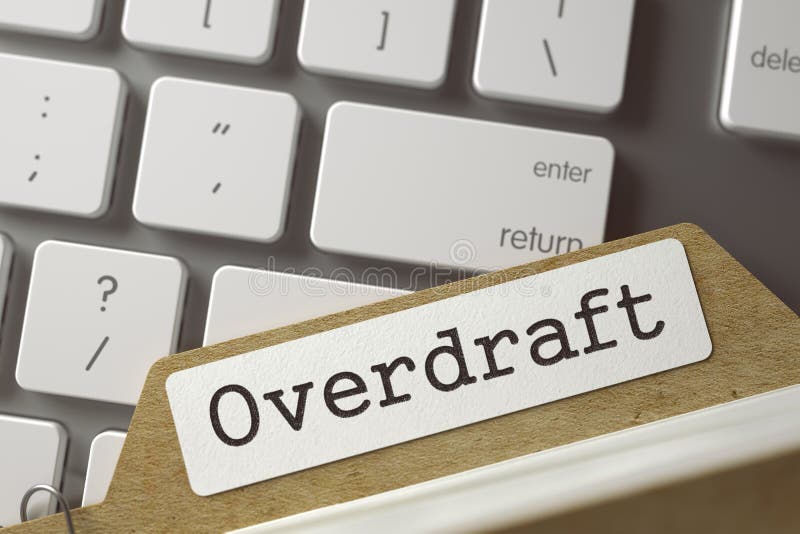Managing overdrafts can be particularly challenging when you have a low income. The constant fear of incurring fees and the difficulty of keeping track of your expenses can create additional stress.
However, with careful planning, effective strategies, and a proactive approach, it is possible to navigate the situation more efficiently. This guide aims to provide you with detailed tips on how to manage overdrafts effectively, even with a limited income.
By Implementing the following strategies, you can regain control over your finances, avoid unnecessary fees, and work towards improving your overall financial well-being.
Remember, it's important to stay committed and patient as you implement these steps, as financial stability is a journey that requires persistence.
1. Create a budget: Start by assessing your income and expenses to create a realistic budget. Track your spending and prioritise essential expenses like rent, utilities, and food.
By understanding your financial situation, you can identify areas where you can cut back and save money.
2. Minimise unnecessary expenses: Look for ways to reduce your discretionary spending. Cut back on non-essential items like eating out, entertainment, or subscriptions that you can live without.
Every dollar saved can help you avoid going into overdraft.
3. Build an emergency fund: Although it may seem challenging, try to save a small amount each month to build an emergency fund.
Even a small buffer can provide a financial cushion and help prevent overdrafts in case of unexpected expenses.
4. Monitor your account regularly: Keep a close eye on your bank account balance and transactions. By monitoring your account regularly, you can identify any potential overdraft situations and take immediate action to avoid them.
Many banks offer mobile apps or online banking services to help you track your account in real-time.
5. Set up alerts: Utilise your bank's alert system to receive notifications about your account balance and low funds. These alerts can help you stay on top of your finances and prompt you to take action before incurring an overdraft fee.
6. Communicate with your bank: If you find yourself struggling to manage your overdrafts, don't hesitate to reach out to your bank. Some banks may be willing to work with you by providing temporary fee waivers, extending overdraft limits, or offering alternative solutions to help you manage your finances effectively.
7. Consider alternative banking options: Explore banking options tailored to individuals with low incomes, such as community banks or credit unions.
These institutions may offer lower fees, more flexible terms, or financial counseling services that can assist you in managing your finances more effectively.
8. Seek financial assistance: If you're facing financial hardship, consider reaching out to local non-profit organisations or government agencies that offer financial assistance programs.
They may provide support for essentials like food, housing, or utility bills, which can free up some funds to avoid overdrafts.
Overcoming financial challenges takes time and patience. Be proactive in managing your finances, seek assistance when needed, and stay focused on your long-term financial goals.
